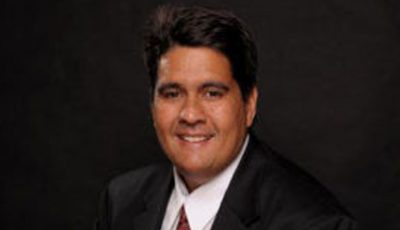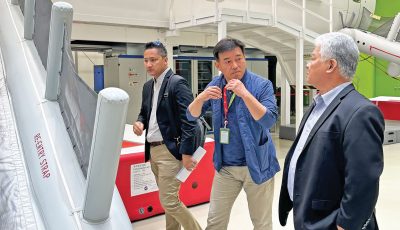Canola and rapeseed
I asked my seatmate in the bus to Edmonton, Alberta, last week if the yellow field abundant by the highway was planted with “rapeseed.” I was told it was “Canola,” the rich vegetable oil with a healthy dose of Omega-3 widely used for cooking.
From the fields in Manchuria toward NE Nei Menggu, I saw the same type of fields covered with “rapeseed” but I kept my mouth shut while I Googled the subject (yes, the bus had WiFi). Sure enough, the oil comes from the seed, Canola being a brand name for “Canada oil.” Our thought now is about the oil and the seed.
I am using this innocuous subject to get me past the month of July. The first of August is a significant turning point in my journey, and since evidently the Canada portion held more tales of recall and tales of encounter simply by proximity to brain wave than anything else, I thought I would close the month with its mention. It also gives me one more stroke at the recently completed journey and farewell to North America.
But first, the oil. There is the edible oil for cooking, Canola from the rapeseed. It is abundant in Alberta’s agricultural prairie. The other is the subterranean oil, evident as pumps seen from the highway brought out the fluid fossil fuel in fields around Red Deer.
The Athabasca tar sands (diplomatically referred to as oil sands) are now subject of international debate; a pipeline to transport the liquefied gas to Nebraska is the subject of concerted protest among environmentalists. But as my host, a retired Pinay Med GP in Edmonton, opined, the oil sands are in demand and if one was going to mine and process it, “it might as well be conscientious Canada.”
Some might consider the lady delusionary given Canada’s track record on copper mining, but there is no question about the strength of her convictions. Nor do 80 percent of the folks I talked to at the local parish in Calgary where I attended Mass who are employed by one sector or the other of the energy industry have any doubts about the reputation, integrity, and reliability of their employ.
But the planting of seeds in Alberta is more focused on the business of Agrium (the chemical inputs like fertilizers, insecticides and pesticides into the commercial growing of field plants); the growth of rapeseed proliferates. Also, of hay that feeds the cattle and horses, and other exotic animals in ranches (e.g., elk and bison) and farms, recently on display at the Calgary Stampede grounds. The bales of hay lie under the summer sun in the fields, and Alberta this season is adequately watered and gets enough sun to make this year’s growth a bumper crop. Ag in Alberta in 2014, compared to drenched Saskatchewan and Manitoba, will be a good year.
But like the drenching of Manitoba, the planet is undergoing a major shift in global climate that began more than a decade ago. Weather patterns are shifting so much that there was one day when it was warmer in Alaska than it was in Alabama. “Weird and unusual” has suddenly become “casual and normal” as the flooding in South China and Manitoba, and the drought in California and British Columbia strike different parts of the world that had not been the focus of such weather extremes before. But even the familiar ones, like Typhoon Rammosun in the Philippines and Hainan, came with Mama Gaia’s vengeance this week.
Back to Alberta’s oil. Sympathetic to our GP friend’s sentiment that conscientious Canada can responsibly handle oil harvests, there is, however, a larger picture on oil drilling, petroleum production, and gas distribution that has been the province of corporate management not previously known for environmental friendliness nor distributive justice.
All of this is nothing but mental masturbation without the urgency of challenge in our individual lives. We used the Canola and the rapeseed obviously as a metaphor for our dependence as a society on fossil fuel for power, and the need to seed our future with alternative sources of energy.
I encourage the use of hydrogen, now commercially viable as supply and demand increases. In Canada, I learned of the auto industry’s efforts to stamp down electric cars since it revolutionized production methods that threatened existing industry.
The production of photovoltaic cells has been a source of tension between China and U.S., with the U.S. charging China at WTO of trade practices inimical to U.S. interests. The WTO recently handed a ruling exonerating China of alleged illegal protection of the nascent industry. Oil is not abundant in China, so harnessing a free resource like the sun comes naturally. Hydropower and biomass are also in the running, along with wind and ocean wave turbines.
The point is that the technologies that do not endanger the life of a planet whose holding capacity now exceeds by more than half its innate regenerative power are present and affordable. Albertans need to go beyond the comfort of familiar fossil fuel extraction, of crude oil, natural gas, and oil sands, to be the Canada of ethics and conscience it claims itself to be.
I shall make it my role to remind them of their choice and story.



























